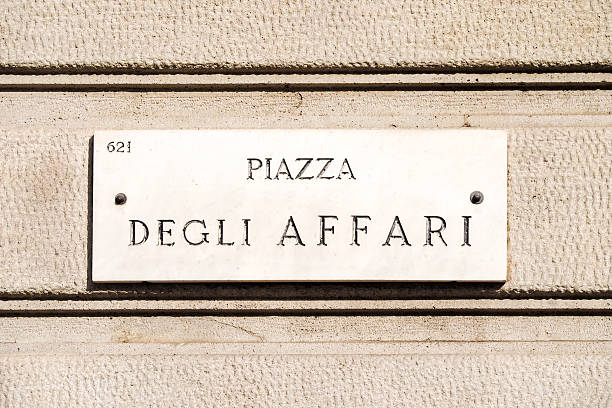Welcome to Morningstar. Last week, the Italian government surprised just about everyone by announcing a tax on excess bank profits. The markets responded very quickly, with a rain of selling on financial stocks listed on the Milan Stock Exchange.
The Meloni government has stated that the recent increase in the cost of money for households and businesses has not been reflected in a fair increase in the yield on their deposits. Therefore, the new tax will serve to cut taxes and offer financial support to mortgage holders.
Today I join Morningstar equity analyst Johann Scholtz who specializes in banking to understand the risks to investors and bank customers.
Sara Silano: Johann, in a recent note you stated that “the negative impact of the Italian tax on bank profits is manageable, but the negative impact on sentiment is far greater”. What are the main risks for investors?
Johann Scholtz: Thanks Sara. We estimate that the surprise tax on extra profits should reduce the consensus estimate of Intesa Sanpaolo (ISP)'s 2023 earnings by about 10% and Unicredit (UCG) by 6%. The tax is limited to banks' Italian operations, so the impact should be less for Unicredit, which generates more earnings outside Italy than Intesa.
As I said, however, the biggest impact is on the risk premium, i.e. what investors will ask banks in the future to offset the risk of government intervention. It's not the first time we've seen this in Europe. Spain has implemented a similar tax. And then we had the dividend ban during the pandemic. I think investors don't like uncertainty, and the fact that this announcement came completely out of the blue, I think it spooked investors and introduced volatility into stock prices.
Silano: In the transition to a higher interest rate environment, most banks have seen their loan books revalued at higher yields. This was accompanied, however, by a slight increase in current account rates. Do you think banks will be forced to increase the interest they pay in the future? If yes, what will be the impact on account holders?
Scholtz: I think it is essential to distinguish between a current account and a deposit account. In many jurisdictions around the world, checking accounts pay little or no interest. Checking accounts are not meant to be vehicles for savings, but are primarily used for transactions. I realize that the situation in Italy is slightly different because large banks often do not aggressively market deposit accounts as a product for their customers. And I think what Italian banks should start doing is telling customers that there are alternatives to keeping their money in a checking account. I know some of the smaller Italian banks offer savings products, paying up to 3% interest.
So, I think what we're probably going to see over time is that interest rates like anything else are a question of supply and demand and competition. And as competition in the market increases, you should actually see higher interest rates. But I also think there is a potential risk for banks that there could be further regulatory intervention to force them to pass on more of the higher interest rates to savers.
Silano: In times of high inflation, liquidity is a bad asset allocation decision. Would investors be better off looking for alternatives?
Scholtz: I'll start by saying that each individual's circumstances are unique and that investors should talk to their financial adviser before making any material changes. But yeah, generally speaking, in a high inflation environment, cash is a bad investment. Even if you get that 3% interest we were talking about earlier, in an environment where inflation travels at 6% - and at the beginning of the year it had reached 10-11% - in real terms, you are losing money.
Traditionally, stocks have been one of the best hedges against inflation over time. And if you look at our Morningstar Developed Markets Wide Moat Focus Index, you see it's up 12% year-to-date. It has also delivered 11% annualized growth over the past decade, substantially outperforming inflation over the same time period. For the more risk averse investors, there are other products available, but again it is best to speak to your adviser.
Silano: Thank you Johann for being here today. For Morningstar, I'm Sara Silano.






























